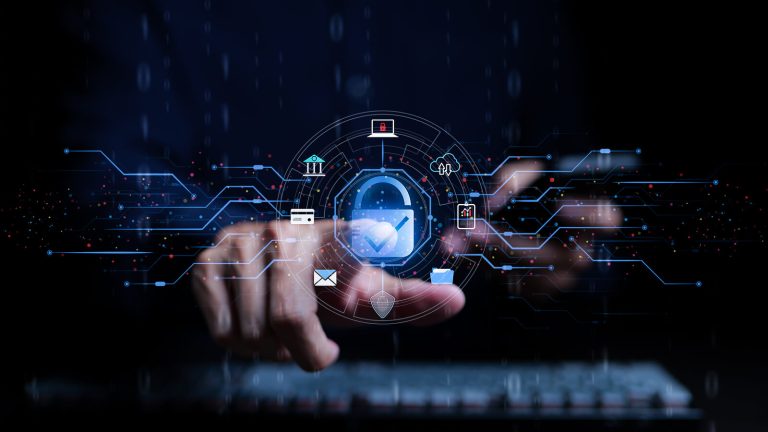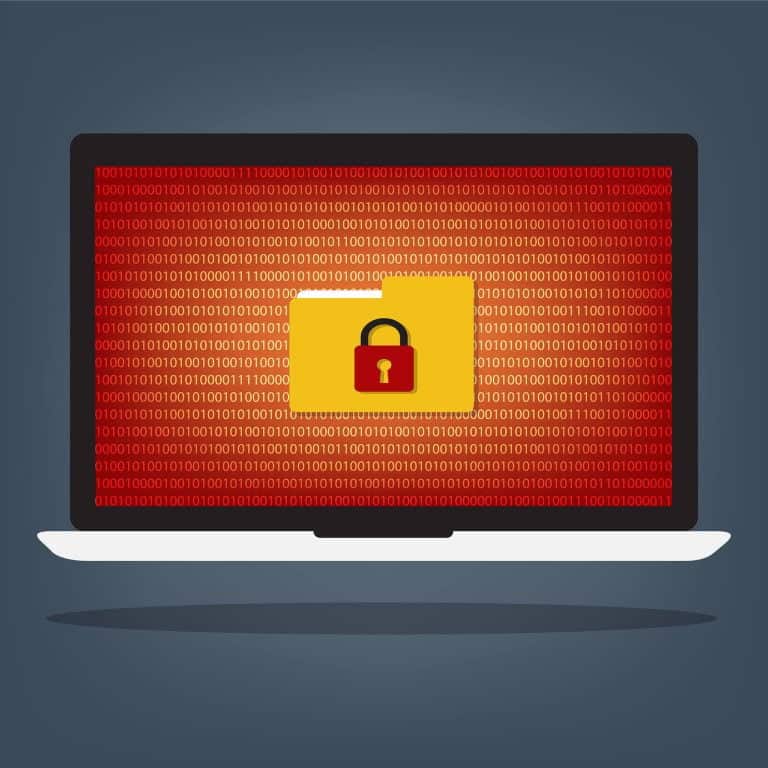Twenty, or even ten, years ago, a vacation was just what is said on the box – a break away from work and the stresses of day to day life. In 2017 that has changed for the majority of people. The majority of people heading away on a summer holiday fully intend to check up on work and personal emails while they are away, and have no intention of unplugging while they are away.
Table of Contents
ToggleTo help educate consumers as they prepare for summer vacation, McAfee conducted a study, “Digital Detox: Unwind, Relax and Unplug,” to better understand the behavior and attitudes of consumers when on vacation, and how digital habits could be putting their personal information at risk. The survey found that despite the benefits experienced from unplugging, most individuals prefer to stay connected. Fifty-two percent of U.S. respondents indicated that they spend at least an hour a day using their connected devices to check email, text and post to social media while on vacation.
The summer travel season can be a lot of fun for everyone, including cybercriminals who may try to exploit travelers who are in unfamiliar settings. When individuals put convenience over security, by using unsecured Wi-Fi access points that are easily hackable for example, they leave themselves open to the possibility of having their personal information compromised.
“Our devices are extensions of ourselves that we rely on for more tasks every day,” said Gary Davis, chief consumer security evangelist at McAfee. “Individuals must exercise caution when using their devices on vacation. By taking basic security precautions and avoiding unnecessary risks, consumers can better protect personal information making their vacation more enjoyable knowing they are connecting with confidence.”
The wide availability of Wi-Fi networks can make it difficult to unplug and disconnect on vacation, but if consumers take that extra step and unplug they can experience a more secure trip. While many individuals did not intend to unplug while traveling, those that did (43%) reported a much more enjoyable experience (81%).

Can’t Put the Device Down
- Thirty-eight percent could not last a day without checking their work or personal email. More than a quarter (27%) admitted to checking their email consistently throughout the day.
- Thirty-seven percent could not resist the urge to post to social media while vacationing.
- Laptops were the most common device left behind (72%), but only 27% would be willing to leave their smartphone behind.
- The most common reason individuals avoid unplugging was to be reachable by family and friends (62%).
Carefree Wi-Fi Usage
- Thirty-one percent of participants primarily connected using publicly available Wi-Fi leaving them open to potential security risks.
- While 58% of participants claim they know how to determine whether their Wi-Fi is secure, only 49% take the time to check their connection.
- Twenty percent don’t consider the security of their Wi-Fi connection, and for 32% it depends on how much they need to connect to determine if they will use the unsecured Wi-Fi.
- Remarkably, 15% of travelers considered their personal information and data to be more secure while traveling than it is at home.
Work, Work, Work
- Only 16% of participants claimed that they stayed connected to be reachable by work, but if work were not a factor 57% would prefer to stay unplugged.
- Sixty-nine percent of individuals in their 20s and 30s would prefer to completely unplug on vacation compared with less than half of individuals in their 40s (49%) if work were not a factor.
- While individuals in their 20s were the most willing to unplug, they were also the group that experienced the most anxiety (52%) when they did unplug.
Mom and Dad Know Best
- Most parents think devices should take a backseat on vacation with 51% planning to unplug compared with 35% of individuals without children. Parents were only slightly more successful at abstaining from tech with 82% declaring success compared with 78% of people without children.
- Seventy-seven percent of parents allow their children to use connected devices while traveling, and 73% of these parents claim to monitor their child’s usage.
- Parents tend to be more tech savvy than their non-parental counterparts and are more likely to know if their Wi-Fi connection is safe and secure to use (64% vs. 54%).
Tips to Help Secure Your Personal Information and Devices
- Browse securely when away from home.Ensure that you are connecting securely while traveling and avoid using public or unsecured Wi-Fi networks. If you absolutely must connect to a public Wi-Fi network, use a Virtual Private Network (VPN) like McAfee Safe Connect. A VPN will keep your information private and ensure that data goes straight from your device to where you are connecting.
- Update your devices.The first line of defense for your devices is you, so it’s important to take a few precautions to stay safe. Make sure your devices’ operating system and applications are kept updated. Using old versions of software could leave you open to potential security vulnerabilities.
- Install cross-device security.After you’ve updated your devices with the latest software install comprehensive security. A solution like McAfee LiveSafe can help your devices stay clear of viruses and other unwanted malware.
- Use a device locating app. If you lose your connected device, especially on vacation, it can be difficult to recover. Location applications can help you find, lock and even erase your device’s data in the event of theft or loss.
Survey Methodology
In March 2017, McAfee commissioned MSI International to conduct an online study of 9,500 people who use a connected device daily in Australia, France, Germany, U.K. and U.S. The survey included individuals between 18-55 split evenly by gender.






